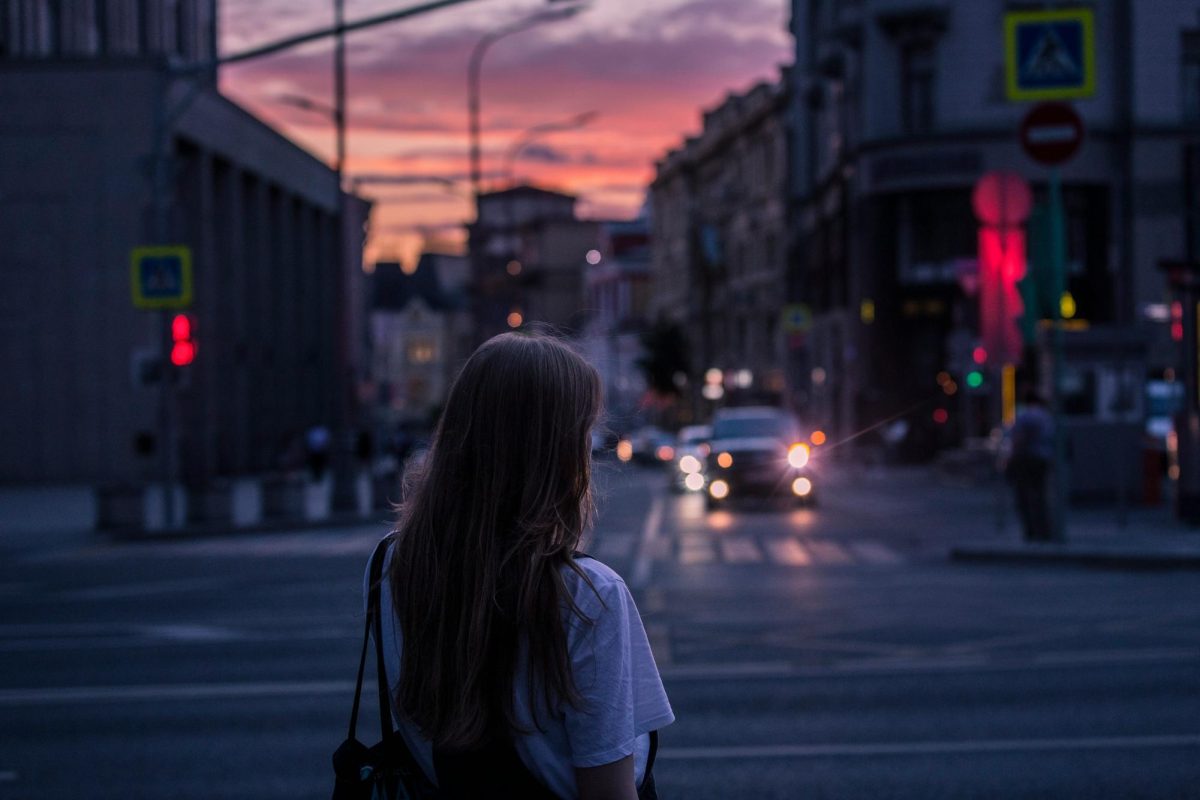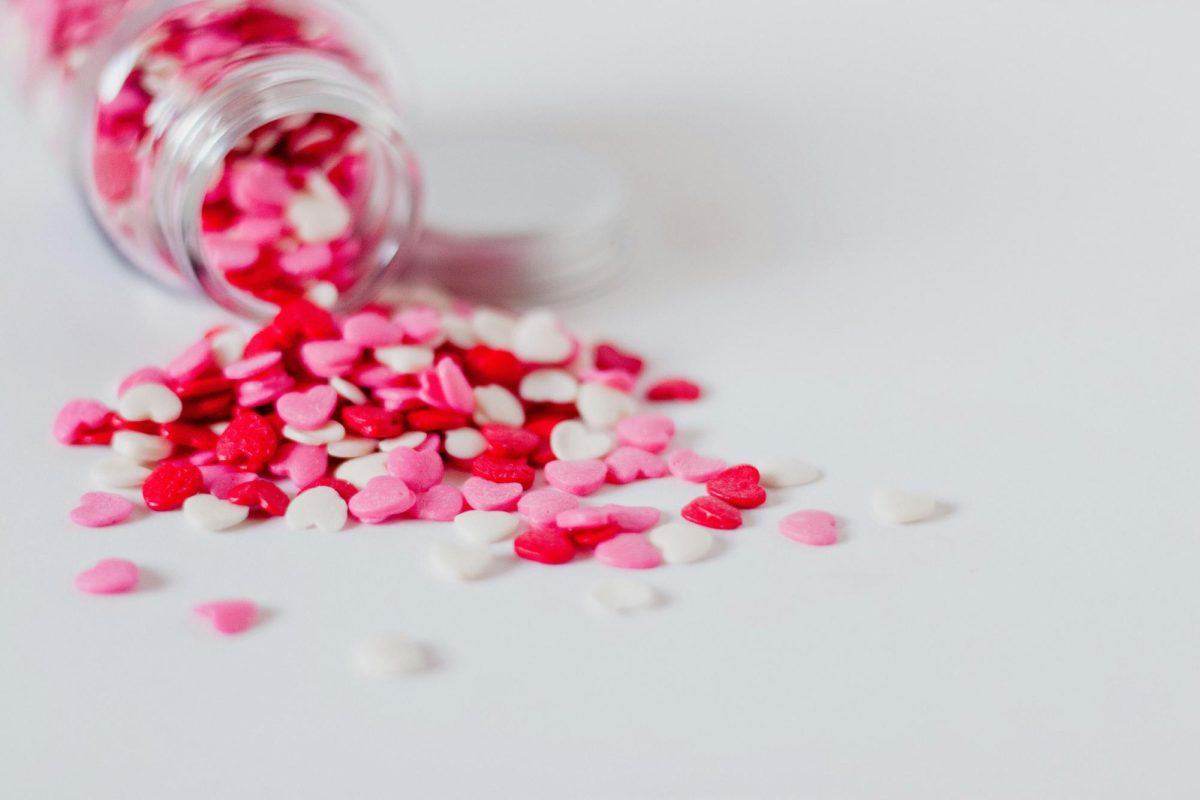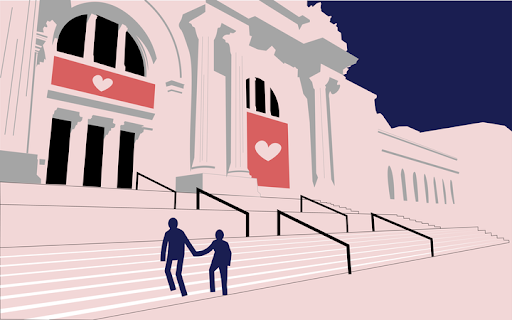
In the hustle and bustle of college life, where deadlines are always looming and schedules are packed to the brim, the concept of doing nothing often feels like a luxury many students cannot afford. As the semester’s pressure mounts and stress levels increase, it is time for students to reconsider the value of being idle. Contrary to popular belief, doing nothing can be a much more difficult task than people realize.
Embracing idleness is surprisingly challenging. Ranging from cell phones to social media, technology makes doing nothing a hard task to complete, as many people reach for something mindless to focus on.
And while some individuals may consider scrolling through media platforms to be doing nothing, it is the opposite; in fact, while shifting back and forth from one app to another, the brain is still focusing on fast-paced, constant stimulation. Unplugging is not easy because there are sources of unlimited stimuli, entertainment and distraction within arm’s reach at all times of the day.
Complementary to wanting to be distracted is the fear of missing out (FOMO), which drives many individuals to remain engaged with digital devices, hindering the ability to truly give the mind and body needed and deserved rest.
Societal norms often equate busyness with productivity and worth while doing nothing is commonly looked down upon as a sign of laziness or irresponsibility. As a result, there is a pressure to constantly be active and achieve more. This glorification of being constantly busy leads individuals to feel guilty or inadequate when taking time for leisure. The Torch asked students at St. John’s about their experience with idleness, focusing on if they are even able to enjoy their down time.
“I almost always feel guilty for taking a break from my schoolwork,” junior Danielle Russo said. “I always feel like there is something to be done, whether it be an assignment or even applying to internships.” In a world where the cost of living has skyrocketed and professional fields have increased in competitiveness, Russo said that “slowing down at this point in my life feels like it’s not an option.”
Senior Shalisa McAulay expressed similar sentiments to Russo. “I feel guilty when having downtime, even though I know it’s necessary,” McAulay said. “As a college student, I can never fully rest without having the anxiety of an assignment that I didn’t complete or an upcoming quiz that I should be studying for. “
Both Russo and McAulay expressed that with various social media platforms, there is a constant feeling of being left behind when seeing those around them seemingly flourish.
“Taking a break makes the gap and pressure between myself and those around me grow much larger,” Russo shared. “It feels like a break will make it harder to catch up to those who seem to be miles in front of me.”
“You’re always constantly bombarded with the accomplishments of others online, and comparing yourself to them makes you feel as if you’re not doing enough,” McAulay said. “I constantly feel pressure that I have to be better and that means being more productive throughout the day.”
So, how can college students embrace the art of doing nothing in a world that prioritizes chaos and never seems to stop moving?
It starts with giving ourselves permission to slow down and prioritize rest. Instead of filling every free moment scrolling through social media or cramming for exams, try to carve out time in the day for activities that allow your mind to rest and recharge.
Research has shown that allowing our minds to wander and engage in activities that require little to no cognitive effort can have profound benefits.
“While most of us find it hard to tolerate, in many instances, boredom can be a prelude to something. It can trigger our imagination and creativity. In a sense, boredom can be seen as a liminal space, a critical resource that pushes us to seek the unfamiliar,” according to Professor Manfred F.R. Kets de Vries, INSEAD Distinguished Professor of Leadership Development & Organizational Change.
Taking breaks from hectic schedules can improve focus and concentration, boost creativity and reduce feelings of stress and burnout.
“I workout to replenish my energy and to do little thinking,” Russo said. “Even though it’s an hour of my day, I’m almost forced to stop thinking about all of my tasks.”
In addition to being a dancer for the last decade and partaking in stretching, yoga and pilates, which “helps release energy and are activities that calm [her] down,” McAulay emphasized the importance of taking a mental health break. “It’s so important to realize that things take time, and there’s not any rush for anything,” McAulay said. “Pick up a new hobby or craft that you enjoy and take time to hone those skills.”
By valuing rest and leisure as much as work and achievement are valued by society, students can create a healthier and more balanced approach to life. Of course, embracing idleness does not mean abandoning responsibilities or neglecting goals. It is about recognizing that rest is not a luxury but a necessity for physical, mental and emotional well-being. By giving yourself permission and allotted time to slow down, students can ultimately become more productive and creative individuals.







